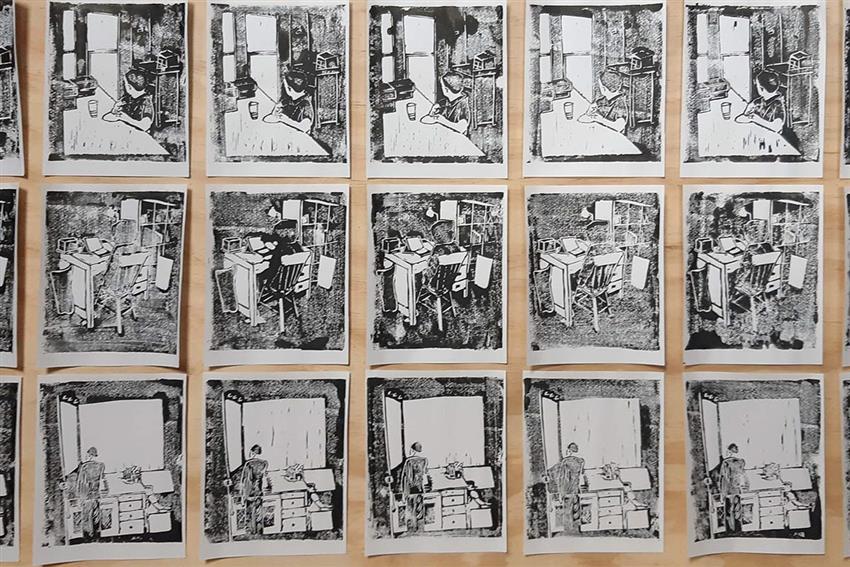
Asked what he wanted from life, a wise man said: I want to live; I want to be loved; and I want a little variety.
This piece is about the latter: “a little variety”.
Are you, like me, wearied by the sameness of so much of contemporary life? Multiple lockdowns occasioned by Covid-19 has afflicted all of us. We have suffered the monotony of sameness, day after day. As many of you follow the political scene, let’s focus on the sameness of politics.
When parliament is in session, I tune into it to Question Time to update my knowledge of the issues that are extant in federal politics. Though a genuine quest for useful information, this is where my weariness with politics gets its daily top-up.
Every day, without fail, Anthony Albanese uses his privilege as Leader of the Opposition to ask the opening question, which he spits out with characteristic sarcasm, even venom. Habitually, he looks angry, hostile, even belligerent. His demeanour invites a similar response from the object of his question: almost always PM Morrison.
We know what the tenor of Morrison’s response will be: blustering, assertive, aggressive, sarcastic. We have come to expect a torrent of words, propelled angrily from his emotionally-charged glottis. The enjoyment he shows when his questioner is wounded is obvious, even to the amateur observer.
Wouldn’t it be a welcome surprise if Albanese asked a gentle question, one that sincerely sought a considered, informative response? Instead, his questions are barbed, designed not to elicit information, but to trap, to trip up, to annoy. Instead of snarling Anthony, why not surprise Scott Morrison with a carefully structured question, one that genuinely seeks important information, one that soothes rather than angers? He might be left almost, but not quite, speechless.
Scott Morrison, you would surprise everyone if your responses were helpful, gentle, and focused on offering useful information. You seem though to fear that the colleagues sitting behind you might perceive such responses as weak, as going soft on your opponents. You know that they expect you never to concede mistakes, and instead attack your adversaries relentlessly, to disparage them, to highlight their perceived past and present errors and deficiencies. Every day you sarcastically parade the same old cliches, accusations, mistakes, and perceived errors of judgement with palpable pleasure, to the enthusiastic applause of your supporters, who clearly enjoy the daily circus.
As a torrent of allegations of misconduct, harassment, and bullying plague the government, our PM likes to portray himself as an unlucky leader of an unruly party. But a new book Power Play. Breaking Through Bias, Barriers and Boys' Clubs, an honest guide ... by former LNP Minister Julia Banks, paints a different picture, one where Morrison is not just complicit, but a ringleader in advancing the toxicity, a man more concerned with controlling the narrative than changing the culture.
And that’s why Australian women are turning their backs on a government that just doesn’t get it. Hopefully, Julia’s courage will challenge Morrison’s carefully curated image. But it does invite the question: “When will we stop placing the burden of fixing inequality on women?”
Writing in Women’s Agenda Angela Priestly spells out Banks’ dilemma: “If women with power can’t change a toxic culture by speaking up, can anything? If that happens where there's a minimal power disparity ... you can only imagine what happens to people who don't have that sort of power."
Enough said!
Current rating: 4.9 / 5 | Rated 37 times